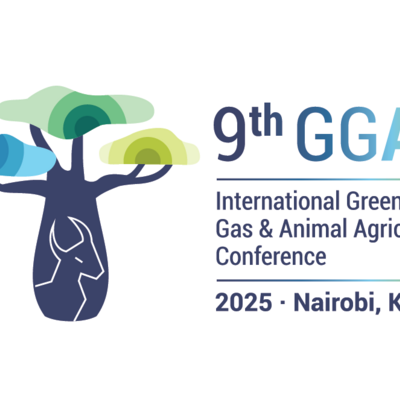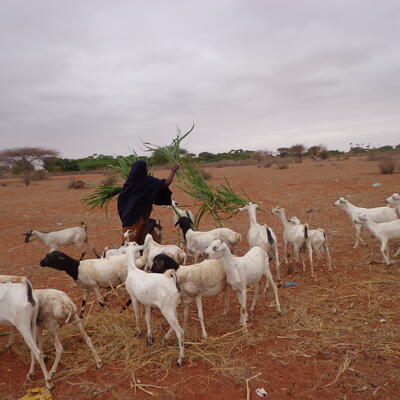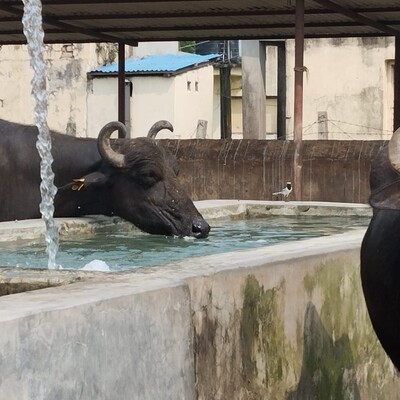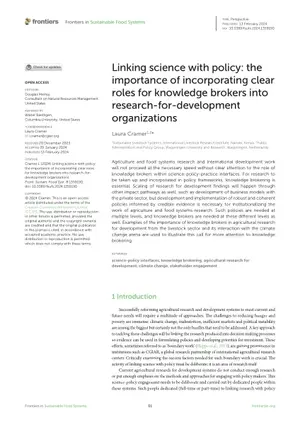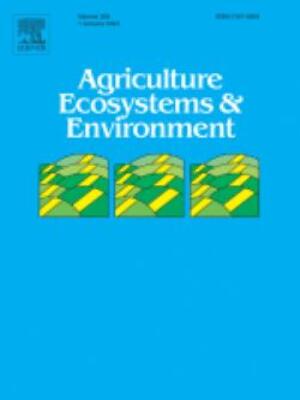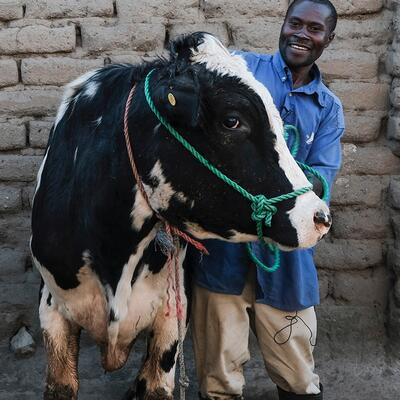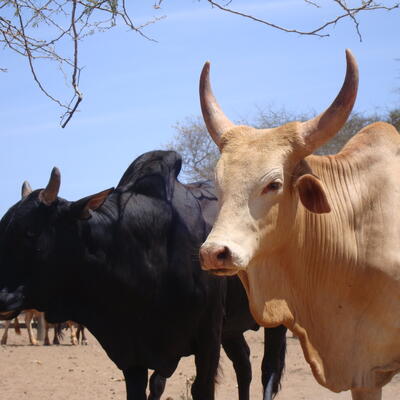
Climate change and social learning (CCSL)
One primary objective of the CCAFS ‘Integration for Decision Making’ Theme is to explore approaches and methods that enhance knowledge-to-action linkages with a wide range of partners, and assemble data and tools for analysis and planning and thus provide improved frameworks, databases and methods to plan responses to climate change.
An essential activity is to develop decision support and communication tools so that policymakers, development partners, researchers and farmers can make decisions with a greater understanding of the interactions between local conditions, national policies and programs, and international development, in the face of multiple drivers of change.
CCAFS experience indicates that many approaches to ‘decision support fail, for a host of reasons, many associated with ‘technology push’ issues rather than ‘information pull.’ It is clear that CCAFS will never achieve its goals with a business-as-usual approach to communication and decision support: it needs different, innovative models of engagement with the many different types of people we are trying to work with.
ILRI contributes to this project that focuses on three approaches that together will help transform and empower community decision-making on climate change: 1) Participatory Action Research, 2) Participatory Communication, and 3) Collective Social Learning.
This ‘CCSL’ initiative works at the intersection of ‘local’ inclusive climate change decision making (sub-national levels) and participatory inclusive social learning, communication and research. It is united by the focus on ‘collective’ challenges, collective decision processes, and collective learning, research and communication.
It works on processes of ‘(social) learning and (participatory) communication and action research for informed and engaged (collective) decision-making on climate change.





